
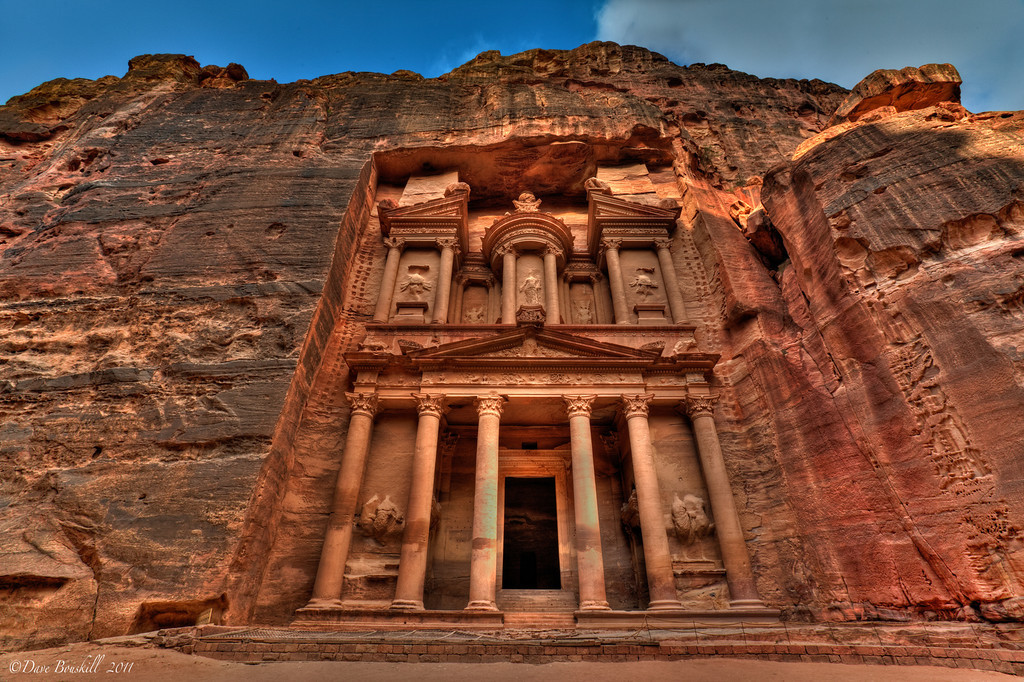
UNWTO partners with EBRD to debate tourism in the MENA region
The World Tourism Organization (UNWTO) and the European Bank for Reconstruction and Development (EBRD) in cooperation with the Ministry of Tourism and Antiquities of Jordan are organizing a regional conference on ‘Investing in Tourism for an Inclusive Future: Challenges and Opportunities’. The Conference will take place in the world heritage city of Petra, Jordan, on 26-27 October.
Under the patronage of Jordan’s Prime Minister Hani Mulki, the conference will gather the ministers of tourism from Egypt, Jordan, Lebanon, Montenegro, Palestine and Tunisia, alongside representatives from the private sector, investment funds, tourism companies and associations.
Moderated by CNN Money Emerging Markets Editor John Defterios, participants at the high level panel will discuss how tourism can promote inclusive development in the southern and eastern Mediterranean with a particular focus on human capital, energy efficiency and micro, small and medium-sized-enterprises.
The partnership between UNWTO and the EBRD aims at supporting inclusive and sustainable tourism, building on UNWTO’s expertise in capacity building and the EBRD’s longstanding financial support for the private sector.

Mongolia hosts the UNWTO Silk Road Conference on Nomadic Tourism and Sustainable Cities
The World Tourism Organization (UNWTO), together with the Ministry of Environment and Tourism of Mongolia and the World Cities Scientific Development Alliance (WCSDA), organized the International Silk Road Conference on Nomadic Tourism and Sustainable Cities in Ulaanbaatar, Mongolia on 13-15 October 2016.
The conference gathered Ministers and high-level officials from nine UNWTO Silk Road Member States, official representatives from Silk Road regions, the United Nations Educational, Scientific and Cultural Organization (UNESCO), and UNWTO Affiliate Members to address the potential of nomadic and sustainable city tourism. The event, officially opened by the Chairman of the State Great Hural of Mongolia, Mr. Enkhbold Miyegombo, attracted over 350 delegates from 21 countries.
The Silk Road has become one of the most visited international travel routes. Despite such growth, an increase in visitation also brings challenges, such as the protection of the environment and the maintenance of necessary heritage standards. Bearing in mind the Sustainable Development Goals (SDG’s) and the upcoming International Year for Sustainable Development for Tourism 2017, participants discussed these challenges and the large potential of developing nomadic tourism trails and products.
“The sustainable growth of nomadic tourism requires a balance between tourism promotion, heritage management and respect for local communities. It requires the collective engagement and cooperation of Silk Road destinations, the private sector and the civil society. With these ingredients in place, we can produce responsible nomadic tourism products to diversify Silk Road tourism and achieve the adequate tourism development for the countries involved.” said UNWTO Secretary-General, Taleb Rifai in opening the conference.
“Today we welcome, with our uttermost respect and pride, all delegates to the International Silk Road Conference on Nomadic Tourism and Sustainable Cities. We believe that the great and historic Silk Road will be revived as an exciting route full of travelers and adventurers, hereby becoming a symbol for mutual understanding and peace among nations in the new millennium.” said the Minister of Environment and Tourism of Mongolia, Ms. Oyunkhorol Dulamsuren during the opening ceremony.
The Silk Road countries agreed that, while the Silk Road presents extensive opportunities, long-term success will depend upon increased collaboration in the three key areas identified in the Silk Road Action Plan: marketing and promotion, capacity building and destination management, and travel facilitation. UNWTO would like to thank Turkish Airlines for supporting this event.
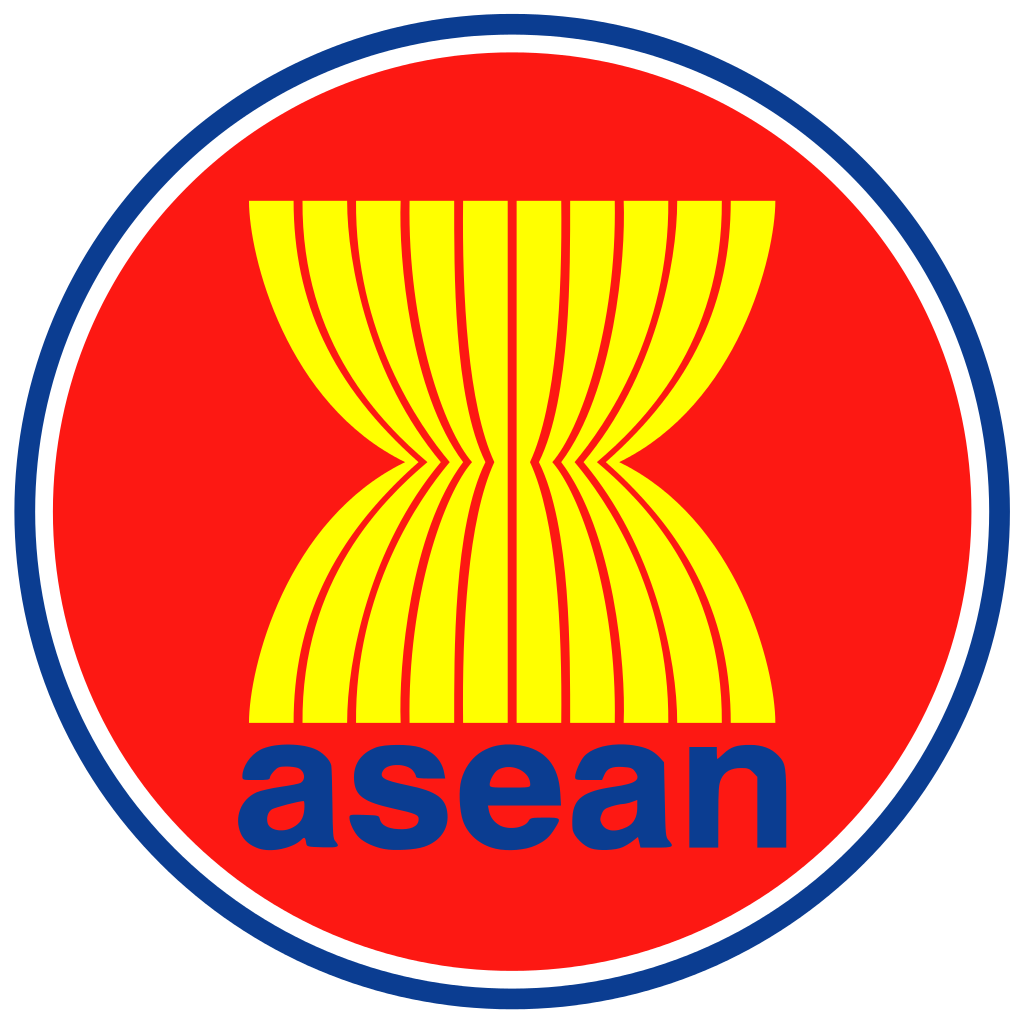
1 in 10 of all tourism investment dollars go into ASEAN by 2026, says WTTC
One in ten of all tourism investment dollars will go into ASEAN countries over the next ten years, according to new research by the World Travel & Tourism Council (WTTC).
According to the research, ?Travel & Tourism Investment in ASEAN?, over the years 2016 ? 2026, 9.7% (nearly 1 in 10 dollars) of global investment in Travel & Tourism will be in ASEAN.
Travel & Tourism investment in ASEAN over the next decade will total US$782 billion, which is 7.4% of all investment in the region. This represents growth of 6.3% per year, nearly 2 percentage points faster than the global average.
Investment spending will be dominated (95%) by five major destinations – Singapore, Thailand, Vietnam, Indonesia, and Malaysia – which together account for over 80% of ASEAN?s international arrivals and tourism contribution to GDP.
However given the strong demand for travel to this region, some countries are still at risk of not investing enough to ensure infrastructure meets the needs of forecast tourism growth.
The report highlights the investment needed in ASEAN in order to support the region?s forecast Travel & Tourism growth over the next decade.
ASEAN is one of the world?s most tourism dependent regions. Travel & Tourism contributes 12.4% of GDP, nearly 4% above most other world regions. However, according to the report, ASEAN Travel & Tourism infrastructure currently only ranks ahead of Latin America, the Caribbean and Africa.
As such the outlook across the ten constituent countries of ASEAN is mixed:
- Myanmar, Cambodia and the Philippines are classified as infrastructure constrained. Forecast investment is not deemed to be sufficient to ensure that poor existing infrastructure can be improved to meet the needs of future Travel & Tourism demand and to maintain competitiveness.
- Vietnam and Laos are identified as having ?improving infrastructure and growth prospects? although future investment will need to be channelled effectively and targeted at priority areas.
- Thailand is the only country classified as ?future focus critical? where relatively strong existing T&T infrastructure and future demand growth need to be supported by a continued investment focus.
- Malaysia and Brunei Darussalam are expected to balance future infrastructure investment needs with forecast demand growth.
- Singapore and Indonesia are classified as ?having high levels of infrastructure spending and forecast growth that should allow them to sustain projected levels of demand.
David Scowsill, President & CEO, World Travel & Tourism Council, said: ?Our research shows that investment in infrastructure is critical to the future sustainability of Travel & Tourism. As one of the fastest growing tourism markets, public and private sector leaders across ASEAN must prioritise tourism investment and channel it effectively to ensure the region?s infrastructure can meet this increasing demand.
Countries such as Singapore and Indonesia are leading the way in terms of their infrastructure development but across ASEAN there is much more which is required. For some countries this might mean expanding capacity, through increasing visitor accommodation, airport capacity and tourist facilities while others need to maintain and enhance their current infrastructure.?

Luxor hosts UNWTO 5th UNWTO Global Summit on City Tourism: Cities: Local Culture for Global Travellers
The World Tourism Organization (UNWTO) and the Government of the Arab Republic of Egypt are organizing the 5th Global Summit on City Tourism: “Cities: Local Culture for Global Travellers” on 1-2 November 2016 in Luxor. During the summit, UNWTO will launch the Mayors for Tourism Initiative.
Tourism has become a central component of the economy, social life and geography of many cities in the world and is ideally positioned to seize the opportunities provided by urbanization. Yet many challenges are emerging, including the need to effectively manage the growth of tourism in many cities around the globe.
The 5th Global Summit on City Tourism: “Cities: Local Culture for Global Travellers” will discuss city tourism trends and debate themes such as sustainable development, spatial organization and rejuvenation, innovation in city tourism, cross-cultural behaviour, and new business models or the so‑called ‘sharing economy’.
The development of clusters that engage public and private players from all sectors is central to the new paradigm of city tourism development, in which tourism needs to be a tool for social cohesion and cultural preservation, beyond its fundamental contribution to economic activity.
As part of the action plan of the UNWTO City Tourism Network, UNWTO will launch a new initiative gauged to gather mayors and decision makers in cities around tourism issues. The Mayors for Tourism Initiative aims to promote the important role of tourism as a driving force for socio‑economic development in cities, and place the sector as a priority in the urban agenda.
Mayors of world cities have been invited to share best practices in managing the challenges and opportunities that tourism presents to local administrations and to propose formulas to align their tourism‑related policies with those of national governments.
The Summit will be preceded by the 104th Session of the UNWTO Executive Council, taking place in Luxor on 30 October-1 November 2016.
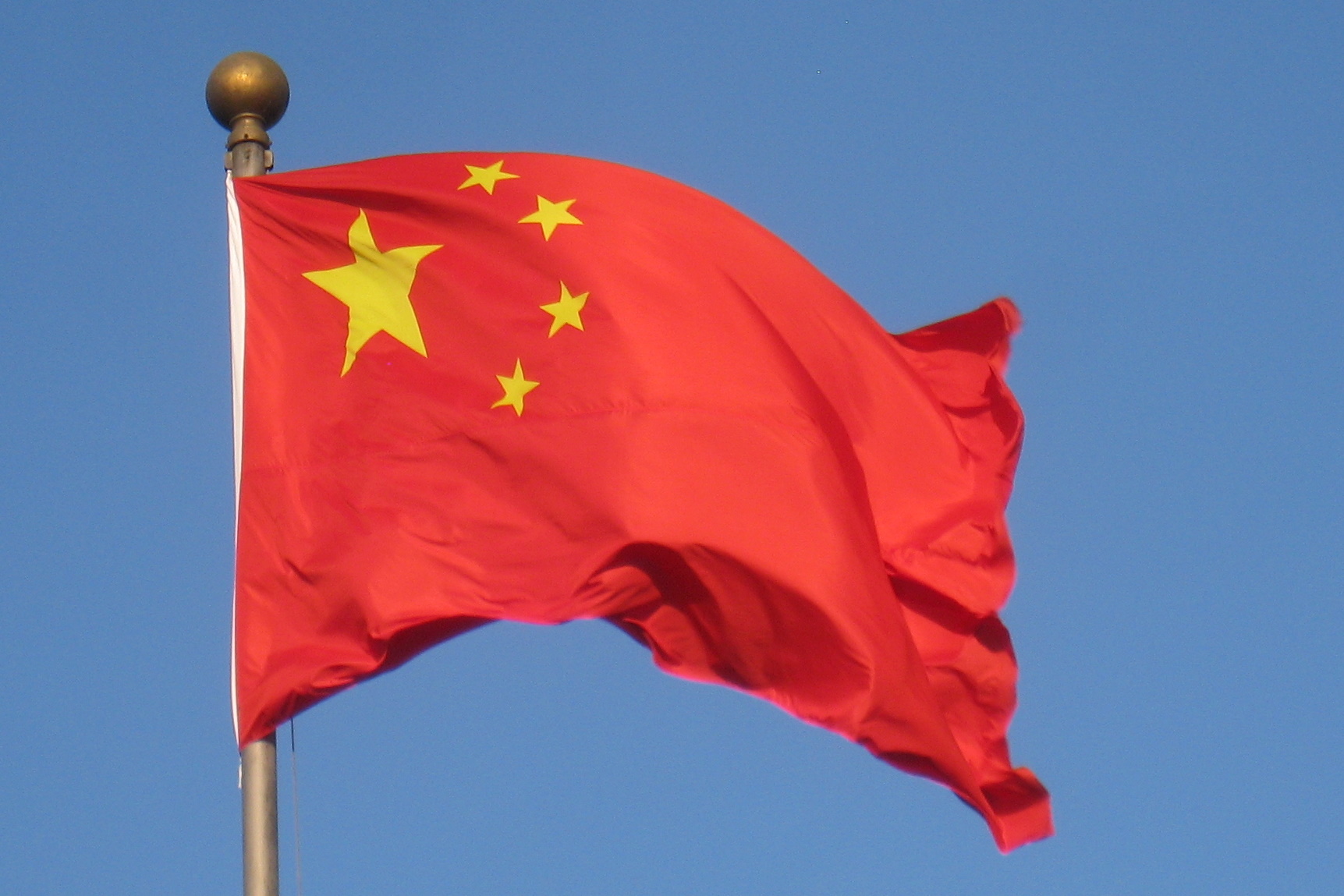
China’s government commitment to Travel & Tourism pays off, says WTTC CEO
China is one of the most successful examples of where prioritisation of Travel & Tourism in government policy leads to higher income and more jobs, said David Scowsill, President & CEO, World Travel & Tourism Council (WTTC).
Speaking at the Global Tourism Economy Forum (GTEF) in Macau, Scowsill emphasised the power of Travel & Tourism to drive economic growth and create jobs and highlighted the government of the People’s Republic of China’s recognition of this.
China has constructed thousands of kilometres of high-speed rail track and over 60 airports over the last decade and is looking to invest over US$720 billion in the next three years to meet the demand of both domestic and international travellers.
According to WTTC research, China’s Travel & Tourism sector will grow by 7% per annum for the next ten years. By 2026, the sector will underpin around 10% of the total Chinese economy and almost 100 million jobs.
“China is currently the second largest tourism economy in the world and is one of the fastest growing. The government plays a great role in stimulating this growth. We encourage the government to continue to invest in the sector and to consider implementing visa waiver schemes, which will stimulate inbound travel. The number of foreigners visiting China has remained static at approximately 55 million people for around five years”, Scowsill said.
Scowsill further addressed Macau, the host of GTEF, arguing that the island “continues to re-invent itself as a tourist attraction, bringing on new products to ensure that guests return time and time again.”
In 2015, over 70% of Macau’s economy was generated through Travel & Tourism, taking into account the sector’s indirect, direct and induced contribution.
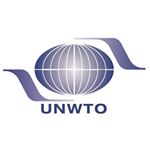
UNWTO deeply saddened by the effects of the hurricane Matthew
UNWTO is deeply saddened by the tragic effects brought by hurricane Matthew to a number of destinations in the Caribbean.
“On behalf of the international tourism community, UNWTO conveys in particular its heartfelt condolences to the families and friends of the victims in Haiti, The Bahamas and Saint Vincent and the Grenadines, where Hurricane Mathew, described as the most powerful storm to hit the Caribbean in a decade, has taken the lives of so many innocent people” said UNWTO Secretary-General, Taleb Rifai.
Other countries in the Caribbean – Cuba, Dominica, Jamaica and Saint Lucia – have also been impacted by the storm suffering some level damage.
“UNWTO will work alongside the affected countries in all the necessary measures to support them and trust that as in previous occasion the people of these countries will show their resilience as life gets back to normal and they open for business” added Mr Rifai.
The Minister of Tourism of Jamaica, and Chairman of the Board of the UNWTO Affiliate Members, Edmund Bartlett, has manifested also his solidarity with the affected neighbouring countries and offered his support.
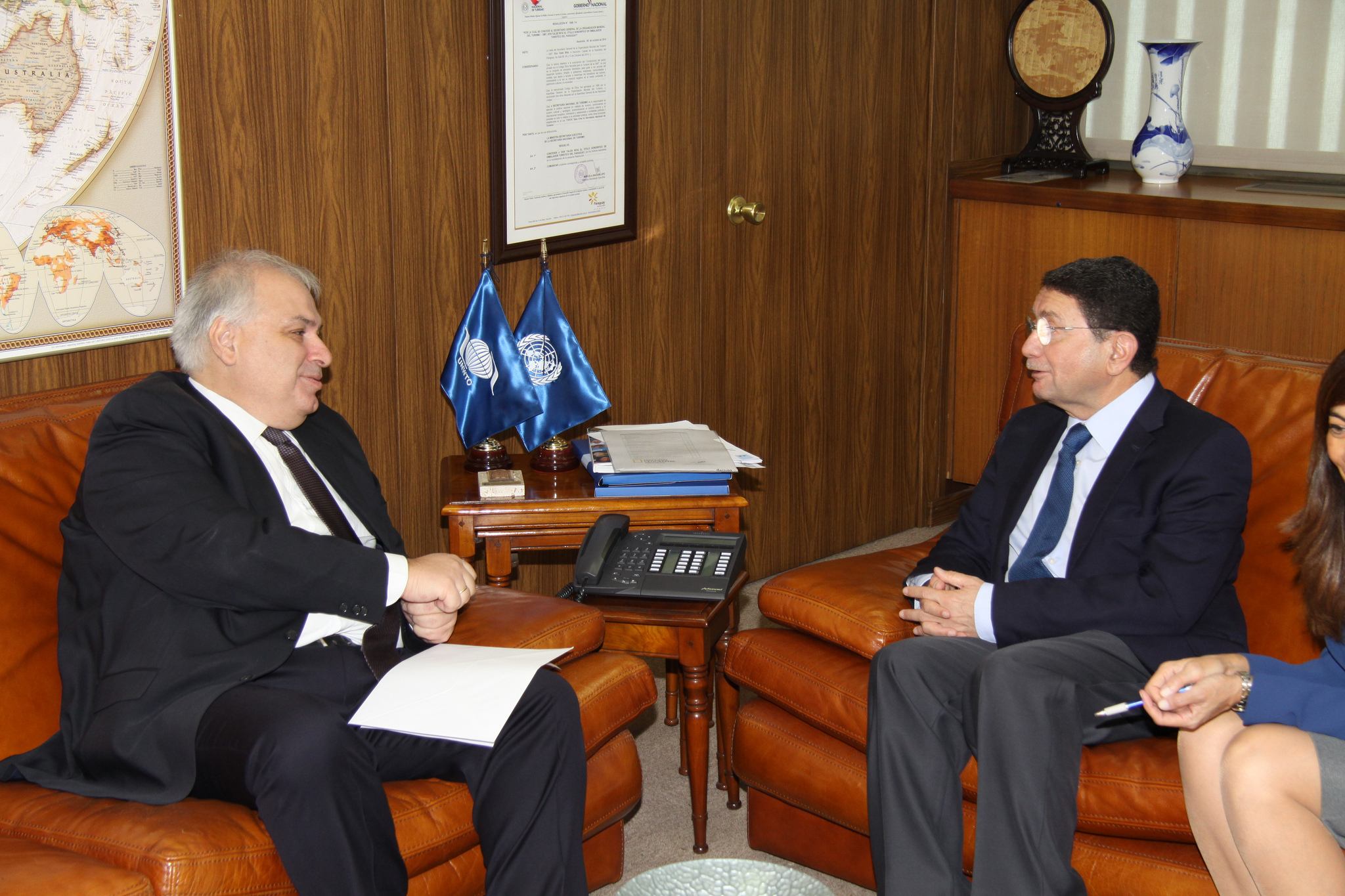
Ambassador of Greece presents credentials to World Tourism Organization (UNWTO)
The Ambassador of Greece, Christodoulos J. Lazaris, has presented his credentials to the Secretary-General of the World Tourism Organization (UNWTO), Taleb Rifai, accrediting him as Permanent Representative of his country to UNWTO. UNWTO is the United Nations specialized agency for tourism and is based in Madrid, Spain.
During the meeting, Rifai expressed to Ambassador Lazaris the Organization’s determination and commitment to continue strengthening its close relationship with Greece.
The prospects for tourism in Greece are positive as economic recovery continues and new air routes open from emerging source markets, particularly Russia and China, as well as from traditional source markets. Greece has shown sustained growth in international tourism in recent years with almost 24 million international tourist arrivals in 2015, a 7% increase compared to the previous year, generating nearly 16 billion US dollars in receipts.
Greece has been a Member State of the UNWTO since 1975.
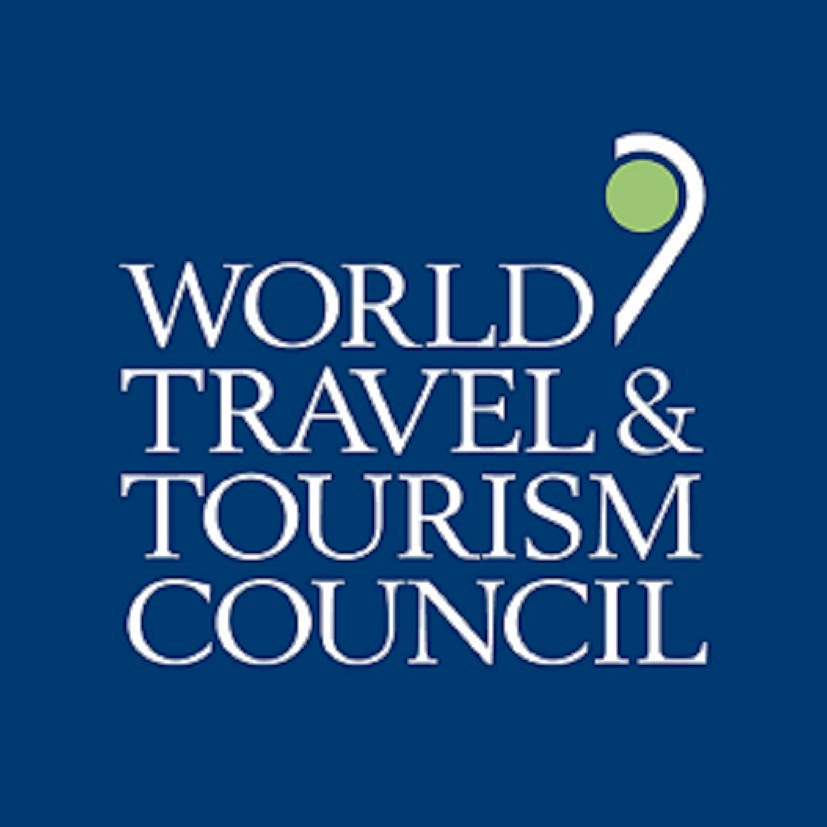
WTTC statement following Hurricane Matthew devastation in Haiti
David Scowsill, President & CEO, World Travel & Tourism Council (WTTC), said: ?Our thoughts are with the people of Haiti, who once again find themselves victim of a natural disaster, this time in the form of Hurricane Matthew. Many people have died or been injured. Our hearts go out to the families of those affected.
It is particularly distressing to see that Haiti has been hit again, just as the country was finally recovering from the devastation caused by the earthquake in 2010.
Haiti is a beautiful country with enormous future potential. On behalf of the entire Travel & Tourism sector we stand by Haiti, as it comes to terms with this latest terrible disaster.?
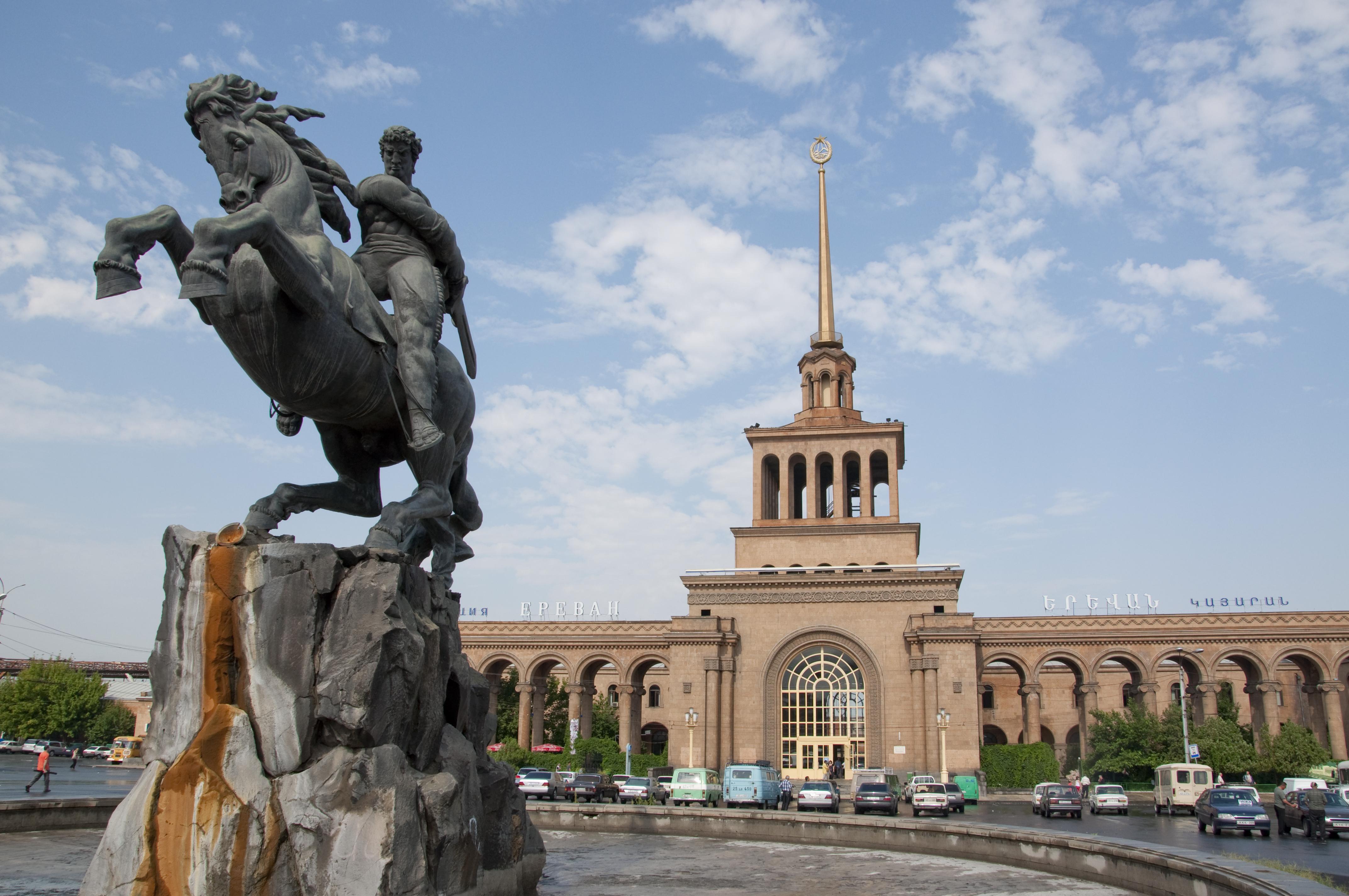
Armenia hosts the 38th Plenary Session of the UNWTO Affiliate Members
The 38th Plenary Session of the UNWTO Affiliate Members took place in Yerevan, Armenia between 1 and 4 October. The meeting discussed the latest tourism trends, public-private collaboration and promoting good practices in the sector. The event was held in parallel with the 43rd UNWTO Affiliate Members Board meeting, which adopted the Affiliate Members 2017 Action Plan.
This year’s session comprised debates on the key issues shaping the 2017 Action Plan: the future of tourism, cultural tourism, city tourism and the 2017 International Year of Sustainable Tourism for Development.
“It is an honour to host the 38th Affiliate Members Plenary Session and to welcome all participants to Armenia. Armenia boasts an incredibly rich history and varied traditions and it is with great pride that we share them with visitors. The key to a peaceful future are these kinds of intercultural exchanges and dialogue, promoting understanding and friendship as well as public and private partnerships” underlined Mr. Garegin Melkonyan, First Deputy Minister of Economy of Armenia.
During the meeting, Affiliate Members shared information on their role, goals, new projects, challenges and expectations in the context of public-private collaboration and global tourism.
“This meeting is very significant as it is held at a crucial time in the development of tourism. The sector is dealing with numerous exogenous shocks, including seismic economic changes and terror, which have heightened uncertainty and invite serious consideration on possible solutions. Tourism has a pivotal role to play in tackling these global problems as one of the most inclusive and resilient sectors in the world,” said Edmund Bartlett, Chairman of the Board of the Affiliate Members, Representative of Consolidated Tourism and Investment Consultants Limited (CTICO).
“We are very pleased to be meeting in Armenia. Armenia is one of many examples of great potential in tourism; it holds extraordinary natural assets and unique cultural diversity and traditions, and this immense potential has started to translate into strong tourism results,” said UNWTO Secretary-General Taleb Rifai.
The event also featured three inspirational lectures by recognized experts:
– The Future of Tourism, by Professor Eduardo Fallos-Solá, Ulysses Foundation
– Marketing Innovation in Tourism, by Professor Luiz Moutinho, DCU Business School, Dublin City University, Ireland
– New Niches in Cultural Tourism: the Archaeoastronimical Context, by Dr. Clive Ruggles, University of Leicester, United Kingdom
The 500 UNWTO Affiliate Members represents the private sector, educational institutions, tourism associations and local tourism authorities.

WTTC calls on governments to agree on global aviation carbon offsetting scheme
The World Travel & Tourism Council (WTTC) calls on all nation states to reach an agreement on the Carbon Offset and Reduction Scheme for International Aviation (CORSIA) at the International Civil Aviation Organization (ICAO) General Assembly in Montreal.
David Scowsill, President & CEO, WTTC, said: “CORSIA is an extremely important, if not mandatory step towards the aviation industry’s commitment to reduce carbon emissions. The scheme embodies the cooperation across the industry and across the public and private sector, something WTTC strongly believes in. We urge all governments to follow the lead of over 60 countries who already indicated their participation in the scheme, and ensure that this global and momentous agreement is reached.”
“In the face of climate change, and increasing demands for the sustainable growth of Travel & Tourism, we need to embrace and act upon this initiative to ensure we preserve the assets the world has to offer.” Scowsill added.”
